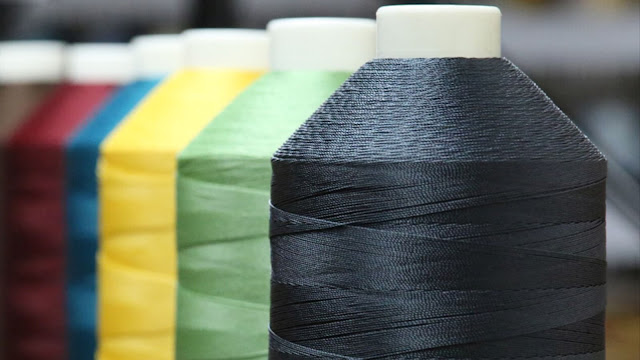Sustainability in Industrial Thread Production: Making a Positive Impact on the Environment
The textile industry has been identified as one of the most polluting industries in the world, and industrial thread production plays a significant role in this. The production of industrial thread involves the use of chemicals, water, and energy, which can have a detrimental impact on the environment if not managed properly. As consumers become more aware of the impact of their purchasing decisions on the environment, there is a growing demand for sustainable products. This article discusses the importance of sustainability in industrial thread production and the steps that companies can take to make a positive impact on the environment.
The first step towards sustainability in industrial thread production is to reduce the environmental impact of the manufacturing process. One of the most effective ways to do this is to optimize the use of energy, water, and raw materials. This can be achieved through the use of energy-efficient machinery, water recycling, and waste reduction. Companies can also switch to renewable energy sources such as solar and wind power, which can help reduce their carbon footprint.
Another way to promote sustainability in industrial thread production is to use eco-friendly materials. Many companies are now using recycled polyester and organic cotton to produce their threads. These materials are less harmful to the environment than traditional materials and have a lower impact on the planet. Companies can also explore the use of natural dyes and pigments, which are less toxic than synthetic alternatives.
In addition to using eco-friendly materials, companies can also focus on reducing their carbon footprint. This can be achieved by implementing sustainable practices in their operations, such as reducing waste, recycling, and using environmentally friendly packaging. Companies can also promote sustainable practices among their employees by providing training on sustainability and encouraging them to adopt eco-friendly habits.
Another important aspect of sustainability in industrial thread production is ensuring that the workers involved in the process are treated fairly. This includes providing them with safe working conditions, fair wages, and access to healthcare. Many companies are now implementing social responsibility programs to ensure that their workers are treated fairly and that their rights are respected.
Finally, companies can also promote sustainability by educating their customers about the impact of their purchasing decisions on the environment. This can be achieved through marketing campaigns, product labeling, and providing information on the company's sustainability practices. By doing so, companies can encourage their customers to make more informed purchasing decisions and help raise awareness about the importance of sustainability.
In conclusion, sustainability in industrial thread production is essential for protecting the environment and promoting a healthier future for all. Companies can take a variety of steps to promote sustainability, including optimizing the use of energy, water, and raw materials, using eco-friendly materials, reducing their carbon footprint, ensuring fair treatment of workers, and educating customers. By doing so, industrial thread manufacturers can make a positive impact on the environment and contribute to a more sustainable future.





Comments
Post a Comment